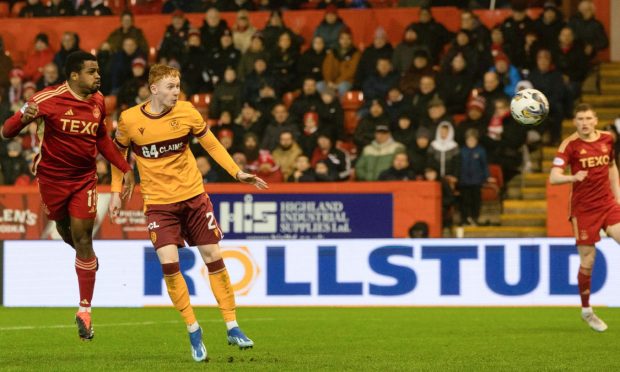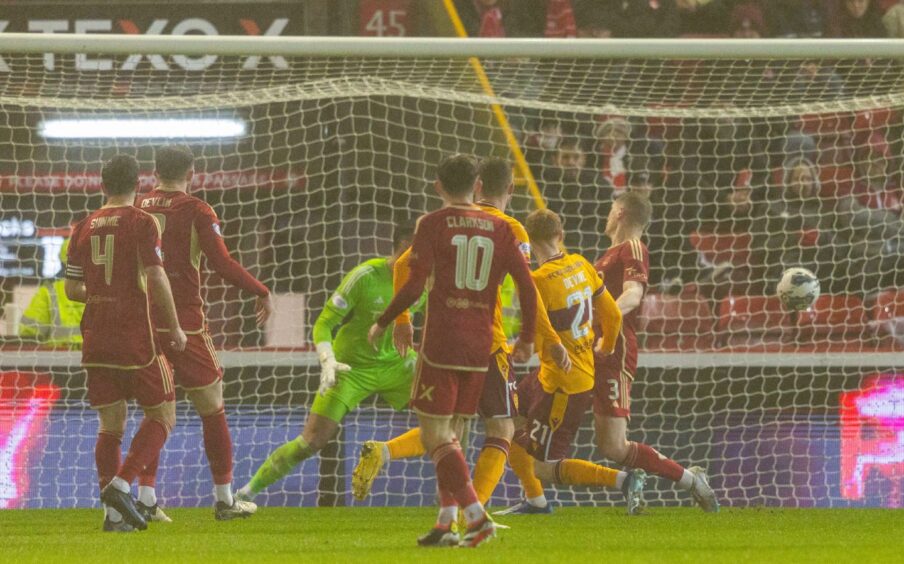For only the very elite few is football management an exact science. For the rest it is not an exercise in getting it right all the time, rather one in recognising mistakes and rectifying them before it’s too late.
In the normal run of things, being 3-0 down inside 26 minutes might be considered to be cutting it more than a little fine. Certainly, it is not recommended to play with such a handicap every week.
If truth be told, it probably need not have been quite so bad for Aberdeen. The window of opportunity between Motherwell’s second and third goals was pretty narrow – but wide enough to offer time to implement the changes which had already shown themselves to be urgently required.
Still, ripping up the gameplan and making a double personnel switch within the first half-hour is rare proactivity down Pittodrie way, and if anything the disastrous concession of that additional goal ultimately served, by deepening the hole into which the team had fallen, to amplify the extent of the eventual comeback.
Avoiding defeat from two down is one thing. But to manage it from three behind is such a spectacular anomaly that the buoyancy it inspires virtually obliterates the memory of how it had become necessary in the first place.
If the fans can happily forget, though, it is unlikely Neil Warnock will.
He will not be here for too long, and it is a fair guess that his stay will not see these opening tactics reused.
What he will fall back on, though, is the positivity, aggression and resilience with which the Dons attacked the task – and, perhaps, the player who sparked it.
Duk, a diminished figure, needed something. So did Aberdeen.
In the darkest hour, perhaps both have discovered that it was the same thing.



Conversation